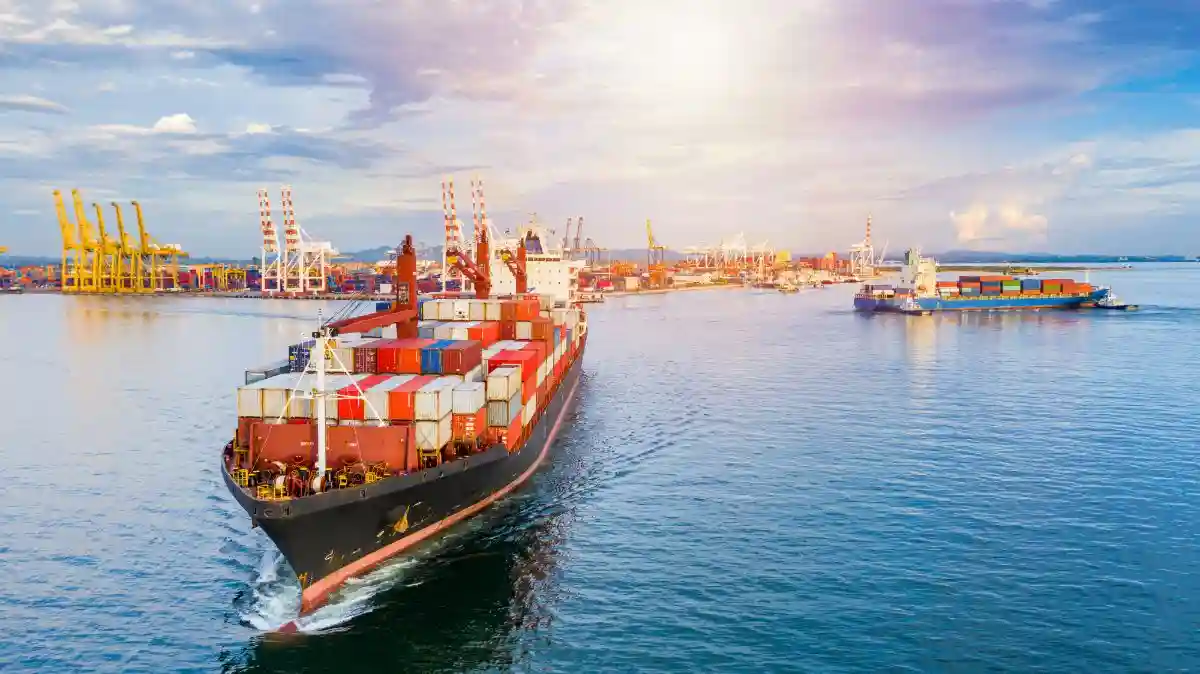Over the past few decades, the United Arab Emirates (UAE) has emerged as a significant player in the global maritime industry. The UAE boasts of a strategic location with an extensive coastline, stretching over 1,300 km, that has resulted in the development of a bustling coast with a plethora of activities and maritime procedures. However, being a crowded maritime nation, the UAE faces numerous maritime disputes that require specific and valid laws and regulations to mitigate them. These disputes arise due to the diverse range of maritime activities that take place in the region, such as commercial shipping, fishing, oil and gas exploration, and tourism. This article aims to delve deeper into the most common maritime disputes faced by the UAE and the possible resolutions to mitigate them.
Resolving Maritime Disputes in the UAE: Vessel Arrest as a Possible Solution
The UAE’s maritime industry is vast and complex, with a diverse range of activities and operations. With this complexity comes the possibility of maritime disputes arising due to a variety of factors, including damage to goods in cargo, breaches of contract, vessel collisions, and others. When a party suffers a specific maritime loss, there are several available options in the UAE to resolve the dispute.
One possible solution to resolving a maritime dispute in the UAE is to apply for the vessel’s arrest under Article 115 of the Maritime Code. The arrest of a vessel is a legal procedure that allows a party to seize a vessel as security for a maritime claim. The arrest is a powerful tool that can be used to ensure that the party with a valid claim has security for their potential damages.
The UAE’s Maritime Code provides a detailed framework for the arrest of vessels, outlining the procedure, conditions, and requirements for a successful arrest. The process involves filing a claim with the competent court or authority, which will then review the claim and determine whether the vessel should be arrested. If the court or authority determines that the claim is valid, the vessel will be arrested and held as security for the claim.
Once the vessel is arrested, it cannot leave the port or jurisdiction until the dispute is resolved, or a settlement is reached. The arrest can cause significant disruption and financial loss to the vessel owner, which can encourage them to resolve the dispute quickly.
The following are examples of maritime disputes that can arise due to a variety of situations and actions, potentially leading to the arrest of a vessel under Article 115 of the Maritime Code in the UAE:
- Personal injuries or loss of life resulting from vessel use, salvage, and assistance
- Contracts related to vessel use or exploitation
- Goods transportation contracts
- Loss or damage to goods being carried on the vessel
- General average, towage or pilotage, supplies for vessel maintenance, construction, repair, and fitting out of vessels, and costs of being in the dock
- Sums expended by the master, shippers, charterers, or agents on behalf of the vessel or its owner
- Wages of crew members
- Disputes over vessel ownership or co-ownership
- Maritime mortgages
Damage to Goods in Cargo
In addition to the above, one of the most common maritime disputes is damage to goods in cargo. This type of dispute can occur due to a variety of factors, including mishandling of cargo, improper packaging, and unforeseeable circumstances such as storms or accidents. When such a dispute arises, the shipper or consignee may seek compensation from the carrier or other parties involved in the shipment. In such situations, vessel arrest can be used to secure the claim, and authorities will prevent the vessel from leaving the port until the dispute is resolved. This ensures that the vessel’s owner is held accountable for any damage caused to the cargo.
Vessel Collision
Another common and serious maritime dispute is the one that results from vessel collision. This type of dispute can result in damage to vessels and cargo and potential personal injuries to crew members. Parties may take legal measures to secure payments for the losses that occurred and hold the responsible party accountable. The resolution of such disputes may involve a complex legal process, with investigations into the cause of the collision and negotiations between the parties involved.
How to Apply for a Vessel Arrest?
Applying for vessel arrest in the UAE can be a complicated process. Firstly, one must find the civil court with jurisdiction over the case. Once the correct court has been identified, a power of attorney signed by the claimant and given to a local UAE advocate must be provided. This power of attorney must be notarized in the UAE and fully legalized and translated into Arabic if the claimant is a foreign company. The process may seem daunting, but following these steps ensures that the ship arrest application is filed correctly and efficiently.
Alternative Dispute Resolution for Maritime Disputes
It’s essential to keep in mind that vessel arrest isn’t the only legal option for resolving maritime disputes. Vessel arrest can have serious implications for a vessel’s crew, cargo, and operations, potentially resulting in financial losses and damage to the vessel’s reputation. In addition, the process of vessel arrest is time-consuming and expensive. Maritime dispute parties should consider all available options before resorting to vessel arrest to resolve their disagreements. There are alternative dispute resolution tools, such as mediation and arbitration, which provide quicker and more cost-effective means of resolving disputes, allowing parties to reach a mutually acceptable solution without resorting to vessel arrest. By exploring all available options, parties can ensure that their disputes are resolved effectively and efficiently.




